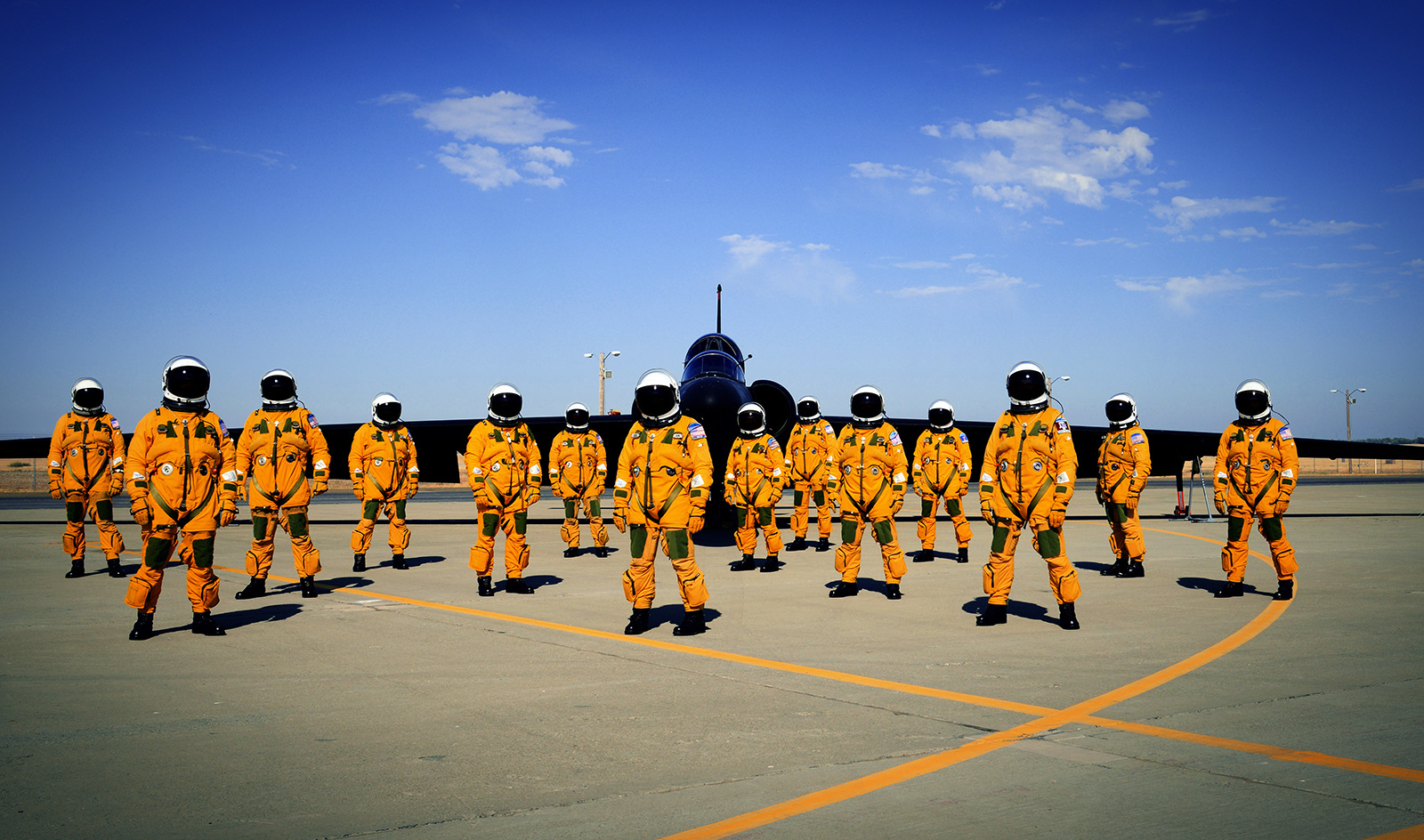Hacker15e
Who am I? Where are my pants?
I mean, I'm not sure how you would be able to top multiple miles per second with subsonic darkness and box hauling.
I know you guys are joking, but there are lots of people who have done some pretty incredible things in airplanes and who are also quite happy/enthusiastic about a relatively "ordinary" flying job hauling people or cargo. There are a whole slew of other aviation experiences that IMHO "top" airline flying in terms of raw excitement -- I've had quite a few of them myself -- but that doesn't exclude being interested in and excited about other "lesser" types of flying. I'm over-quoting the adjectives here, because that's not how I really fell about 'em, but seems to be how some folks do.
At a recent interview at a regional, when a chief pilot was flipping through my logbook, he asked, "you've flown a lot of really interesting airplanes it seems...what's the most exciting airplane you've ever flown?"
My answer: a Cub.
It isn't about speed, altitude, G, view out the window, weapons, cool uniform, or anything else.
It is about how it makes you feel in your heart, your gut, and your mind, and that's criteria that transcends all sectors of aerospace.

